Equity & Justice in Gerontology
Professional Certificate Program
ASA and the University of Southern California Leonard Davis School of Gerontology, home to the oldest and largest school of gerontology in the world, have joined forces to develop an online professional certificate program to build your academic and applied knowledge of our aging society.
Enrollment is now closed for the Winter 2026 term. The Spring/Summer 2026 term will open for enrollment March 2026.

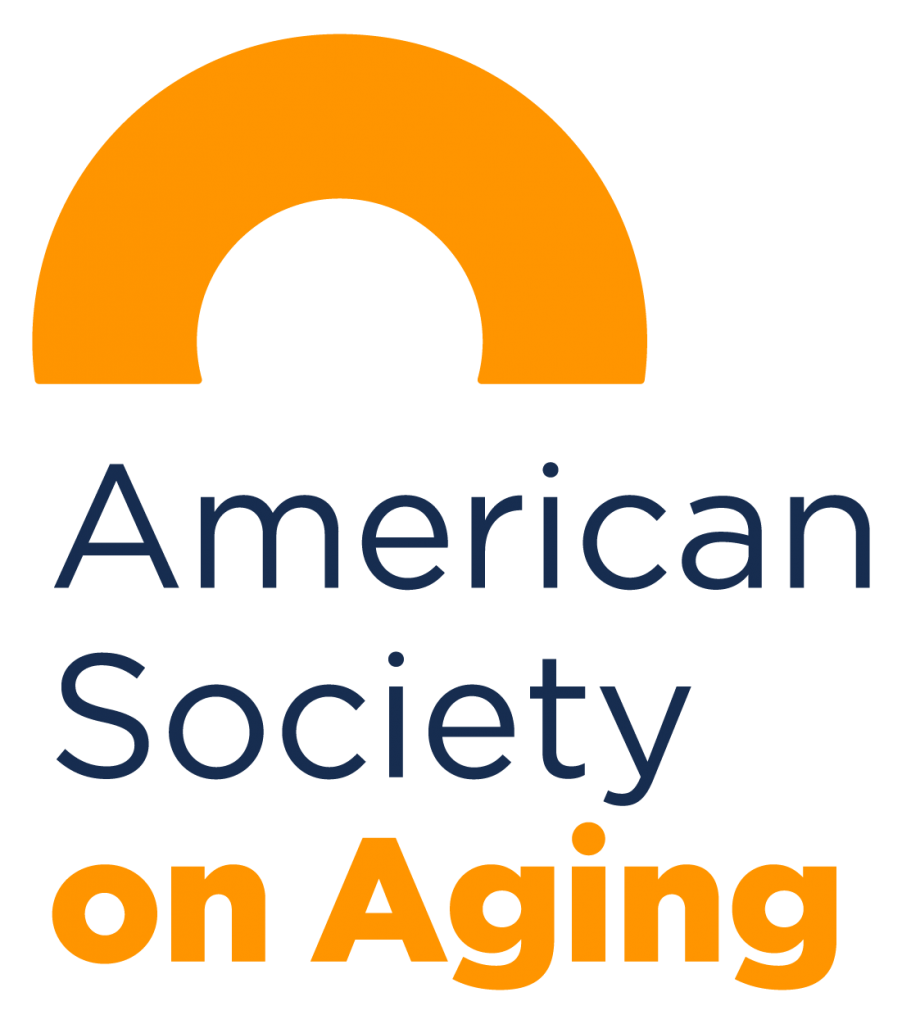

Earn a certificate in Equity & Justice in Gerontology
This course centers equity, justice and the social contract as they relate to aging. Participants will examine how expectations regarding work, retirement, housing, healthcare, technology and safety in later life are shaped by policy, culture and power—and how these expectations are not equally met across communities. Drawing on theories such as structural functionalism, the course unpacks where and why the “social contract” for older adults holds, where it fractures, and how it can be renegotiated to advance equity and justice. Through applied examples and real-world cases, participants will explore Social Security, healthcare access, age-friendly housing and communities, technological inclusion, and protections against elder mistreatment.
By the end of the course, participants will be equipped to analyze aging policies and systems through a justice-oriented lens, recognize inequities in how older adults experience later life, and identify strategies to renew the social contract in ways that are inclusive, culturally responsive, and sustainable.
Learn More
This course offers essential professional development for those seeking to deepen their understanding of how equity and justice shape later life. Engage in approximately 12 hours of interactive coursework—including research, real-world case studies, critical-thinking exercises, and expert-led content—designed for ASA members and the broader public.
The curriculum covers essential themes at the intersection of equity, justice and aging. Participants explore how the social contract shapes later-life opportunities, examine disparities in economic security and healthcare access, and consider how housing, community design and technology influence aging experiences. The course also addresses where the contract breaks down—through elder abuse, financial exploitation and systemic inequities—and highlights policy, business and community strategies for creating a more just and inclusive future for older adults. With a focus on theory and real-world application, participants learn to evaluate aging systems through a justice-oriented lens and contribute to meaningful social change.
Innovation and Insights for Aging Societies Executive Certificate Program
This specialized program offers a series of courses aimed at developing critical insights and innovative strategies for aging societies. Participants can earn individual certificates and badges for each completed course, and upon completing all courses will receive the Innovation and Insights for Aging Societies Executive Certificate.
2024–Innovation & Social Impact – open
2025–Ageism & Culture – open
2026–Equity & Justice – open
2027–Health & Well-Being – upcoming
2028–Economic Security – upcoming
Dates
The Winter 2026 term will run from Jan. 19–March 20, 2026 (enrollment now closed).
The Spring/Summer 2026 term will run from May 18–July 17, 2026. Enrollment for the Spring/Summer 2026 session begins in March 2026.
Delivery Method
This certificate program is made up of 6 self-paced modules.
Price
Member Rate: $1,325
Non-member Rate: $1,600 (includes a one-year membership to the American Society on Aging)
Advance Your Career in Aging
- Differentiate yourself in the marketplace with specialized knowledge in Equity & Justice in Gerontology from the USC Leonard Davis School of Gerontology.
- Enhance your professional development through social contract theory, structural functionalism, and justice-oriented frameworks.
- Engage with applied examples in Social Security, healthcare, housing, technology and elder protections.
- Develop skills to identify inequities in retirement, rehirement and financial security.
- Examine how age-friendly initiatives and inclusive urban design shape aging.
- Understand digital inequities and opportunities for technology and AI.
- Build a justice-oriented lens for interpreting elder abuse and guardianship.
- Gain tools for policy design, organizational strategy, and community-based program development.
Who Should Enroll?
-
Aging Services Professionals who support older adults and want a deeper understanding of how policies, systems and environments can advance—or obstruct—equity and justice in later life.
-
Researchers and Academics examining aging, social policy, structural inequity or justice frameworks who want to integrate social contract theory and equity analyses into their work.
-
Healthcare and Long-Term Care Providers (nurses, social workers, therapists, care managers and others) seeking to better understand systemic inequities in access, coverage and outcomes for older adults.
-
Policymakers and Advocates focused on aging, disability, housing, economic security or technology who want to design and promote more socially just policies and programs.
-
Community Leaders and Organizers working to create age-friendly, livable communities that reflect the diverse needs and experiences of older adults.
-
Professionals in Technology, Finance and Housing who are interested in understanding their role in upholding—or transforming—the social contract for older populations.
-
Individuals Considering a Shift into Gerontology who are looking for a comprehensive, reputable certificate program grounded in equity, justice and real-world application.
About the Sessions in this Program
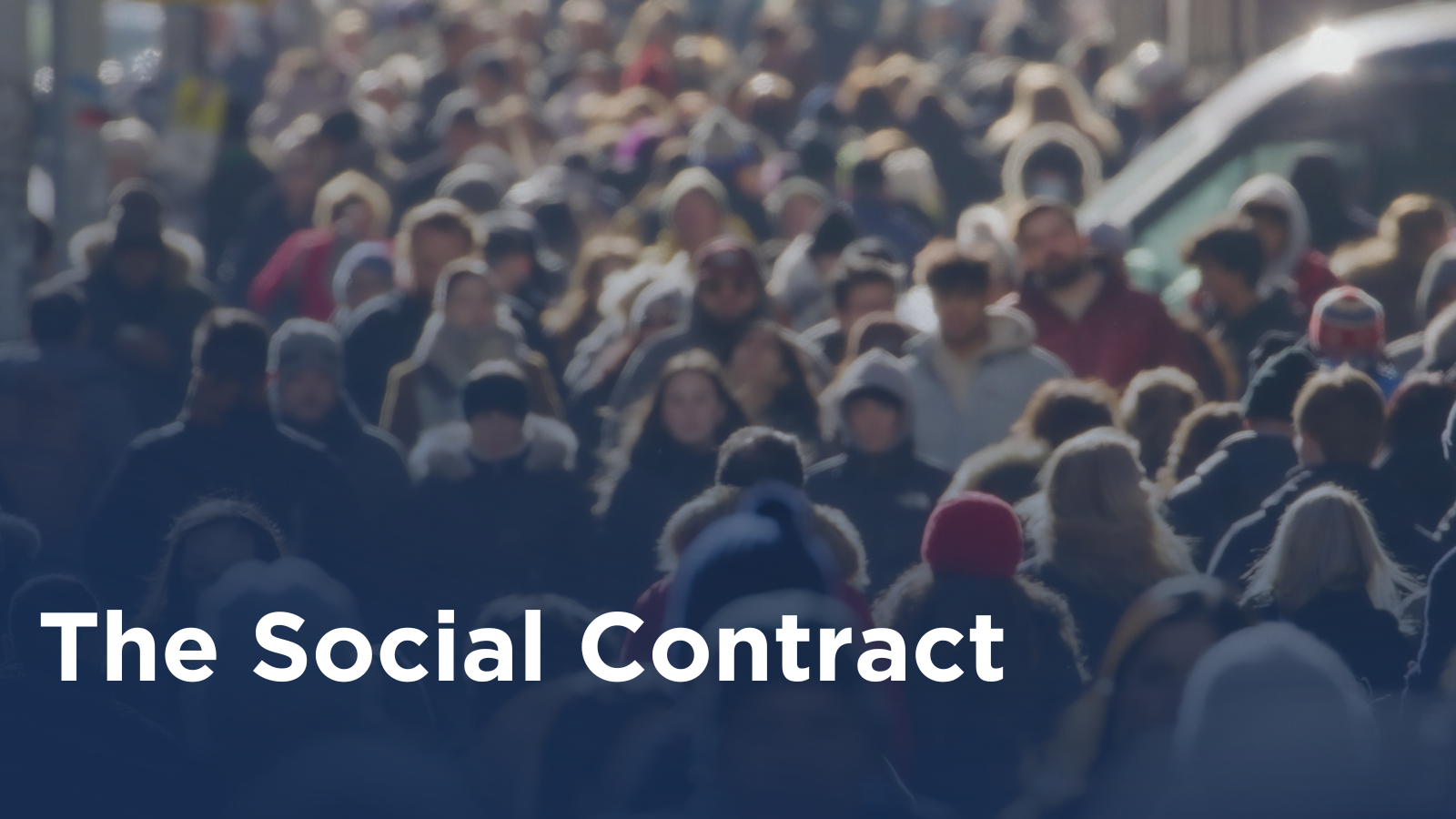
Description: This session introduces the concepts of equity and justice and applies them to the context of aging. Participants will define the social contract and explore how expectations around healthcare, Social Security and later-life support arise from shared societal agreements. The session situates the social contract within structural functionalism and other theories, providing a framework to understand how roles, responsibilities and resources are distributed across generations—and where these arrangements succeed or fail for older adults.
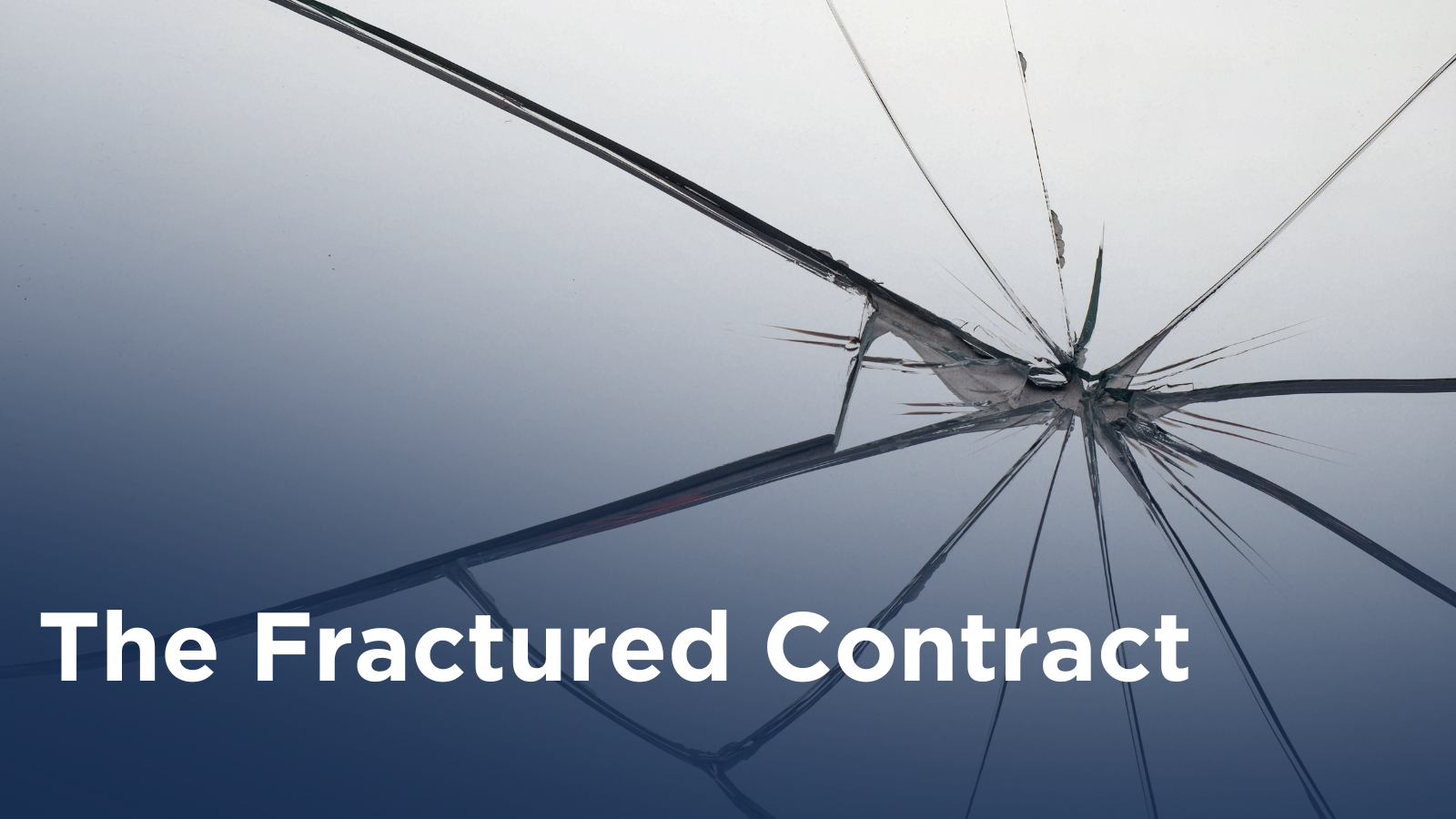
Description: Building on foundational theory, this session examines how the social contract is strained and fractured in practice. Using examples such as 401(k)s, pensions, Medicare, Medicaid and Veterans Affairs benefits, participants will investigate how promises made to workers and citizens can diverge from realities in later life. The session explores retirement expectations versus retirement realities, and how different groups—by race, gender, class and employment history—experience transitions into retirement or rehirement within unequal systems.
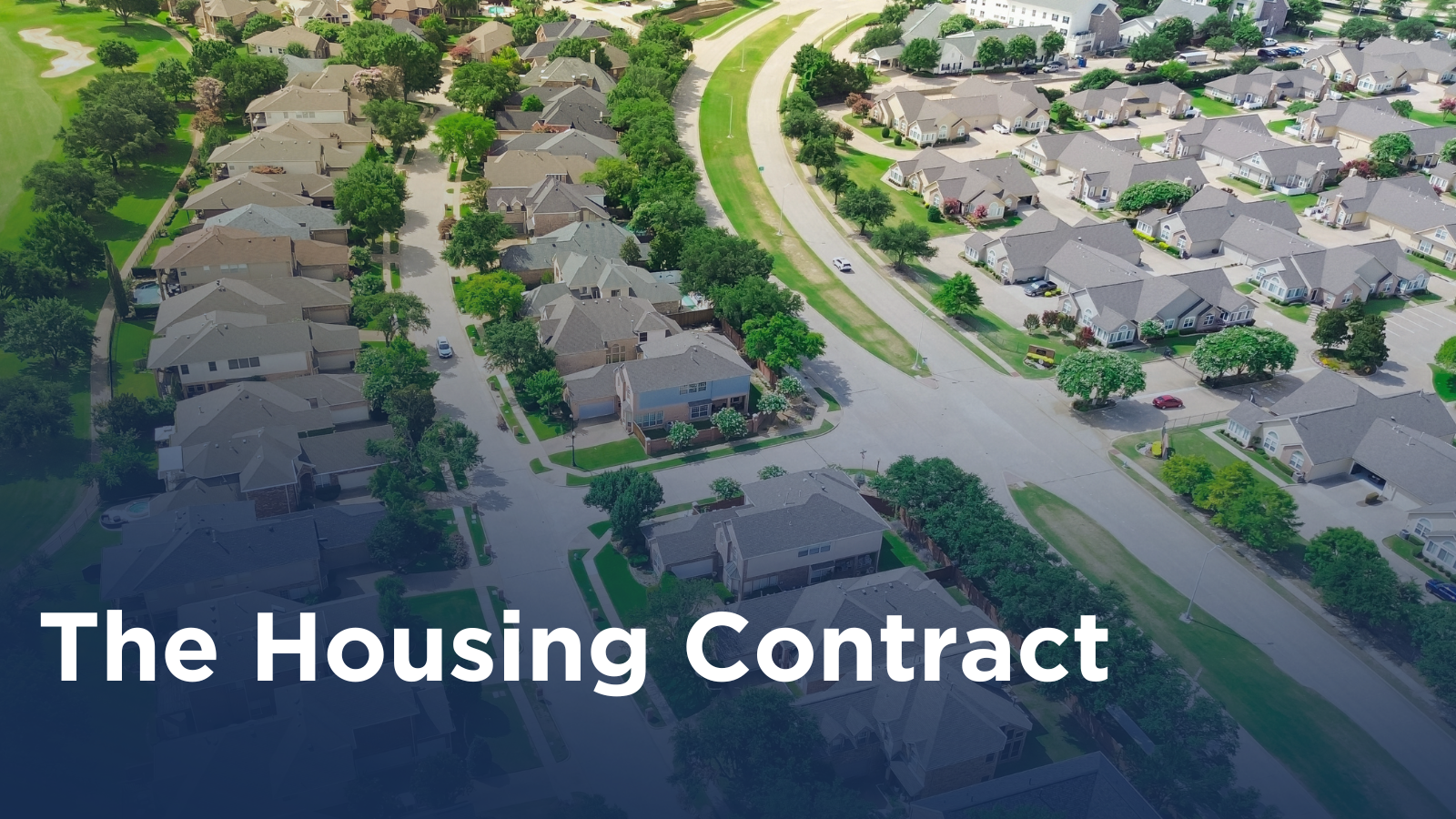
Description: This session focuses on housing as a core pillar of the social contract. Participants will explore expectations around aging in place and how these are fulfilled for some but not others. Topics include the impact of owning versus renting on later-life security, the role of housing in supporting independence and quality of life, and how urban design and connectivity shape engagement in community. The session also highlights age-friendly initiatives (in cities, states, communities and universities), AARP livable communities, and international perspectives on housing, the built environment, and aging trajectories.

Description: This session explores the social contract as it extends into the technological sphere—where expectations of access, inclusion and support increasingly play out. Participants will examine digital inclusion across communities, disparities in access to devices and broadband, and challenges to integrating technology into later life. The session also looks at how technology is used in healthcare, the equity of that access, opportunities and limitations of AI in the aging field, and ethical concerns related to data, consent and bias. Finally, it considers how technology can open new avenues for employment, engagement and community for older adults.
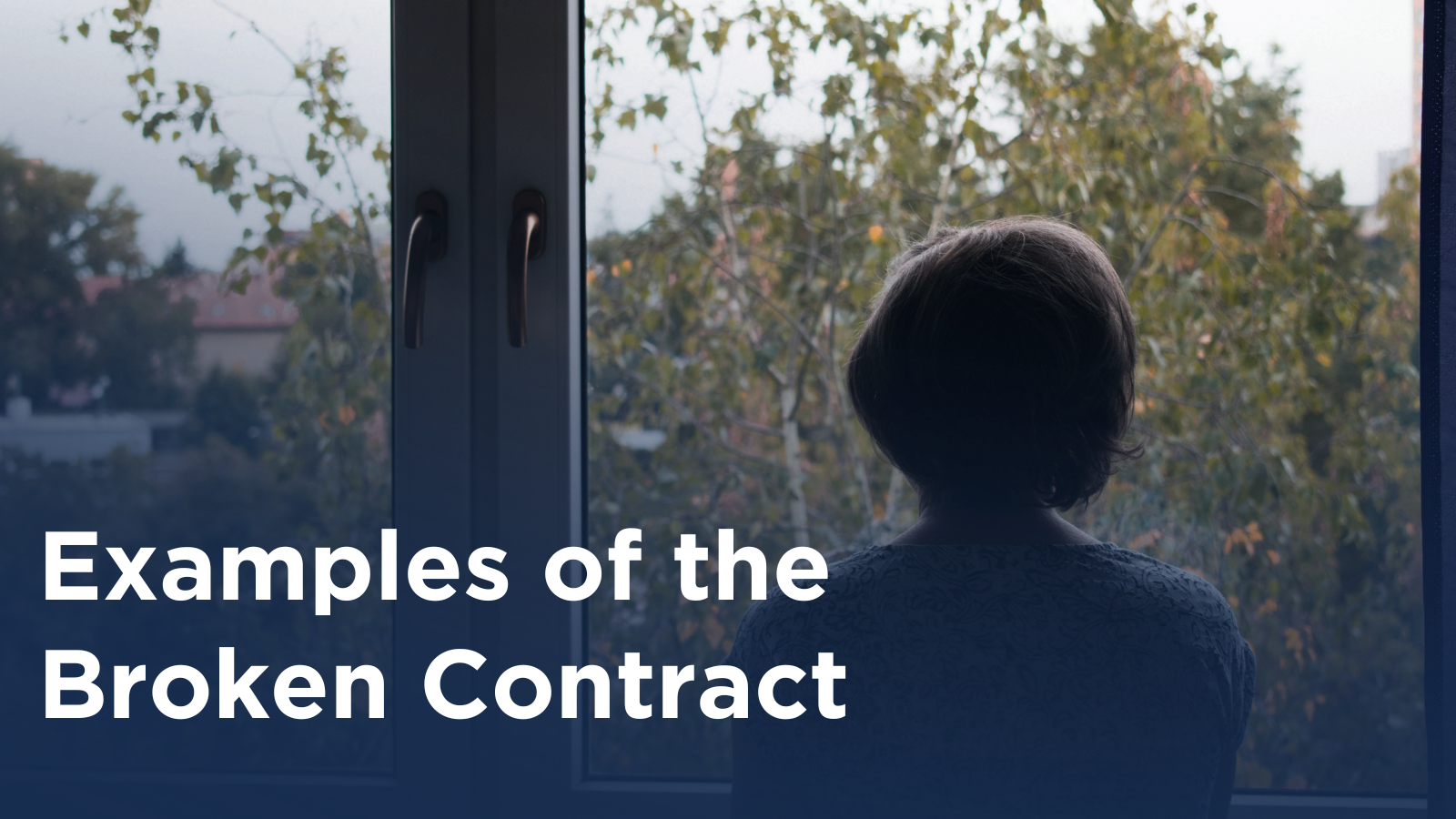
Description: Here, the social contract is examined through the lens of promises made and promises rescinded. This session frames elder abuse—particularly financial abuse—as a powerful example of where the social contract fails older adults. Participants will explore different forms of elder mistreatment, reporting challenges (including dependence upon abusers as caregivers), and the limits of existing legal protections. Guardianship is used as a case study to examine its successes and its potential for misuse, drawing upon research and real-world examples.

Description: The final session turns toward solutions, asking whether and how the social contract can be renewed. Participants will explore socially just policy development, justice-oriented frameworks, and cultural lenses for creating aging policy that reflects diverse populations. The session highlights business strategies for age inclusivity, reframing aging populations as active contributors rather than passive recipients. It also showcases social programs and policy innovations that are already working to renew the social contract and invites participants to imagine what a more equitable and just contract for aging could and should look like moving forward.
Refund Policy
We do not offer refunds for this program.
Questions
If you have any questions about this program, please reach out to institute@asaging.org